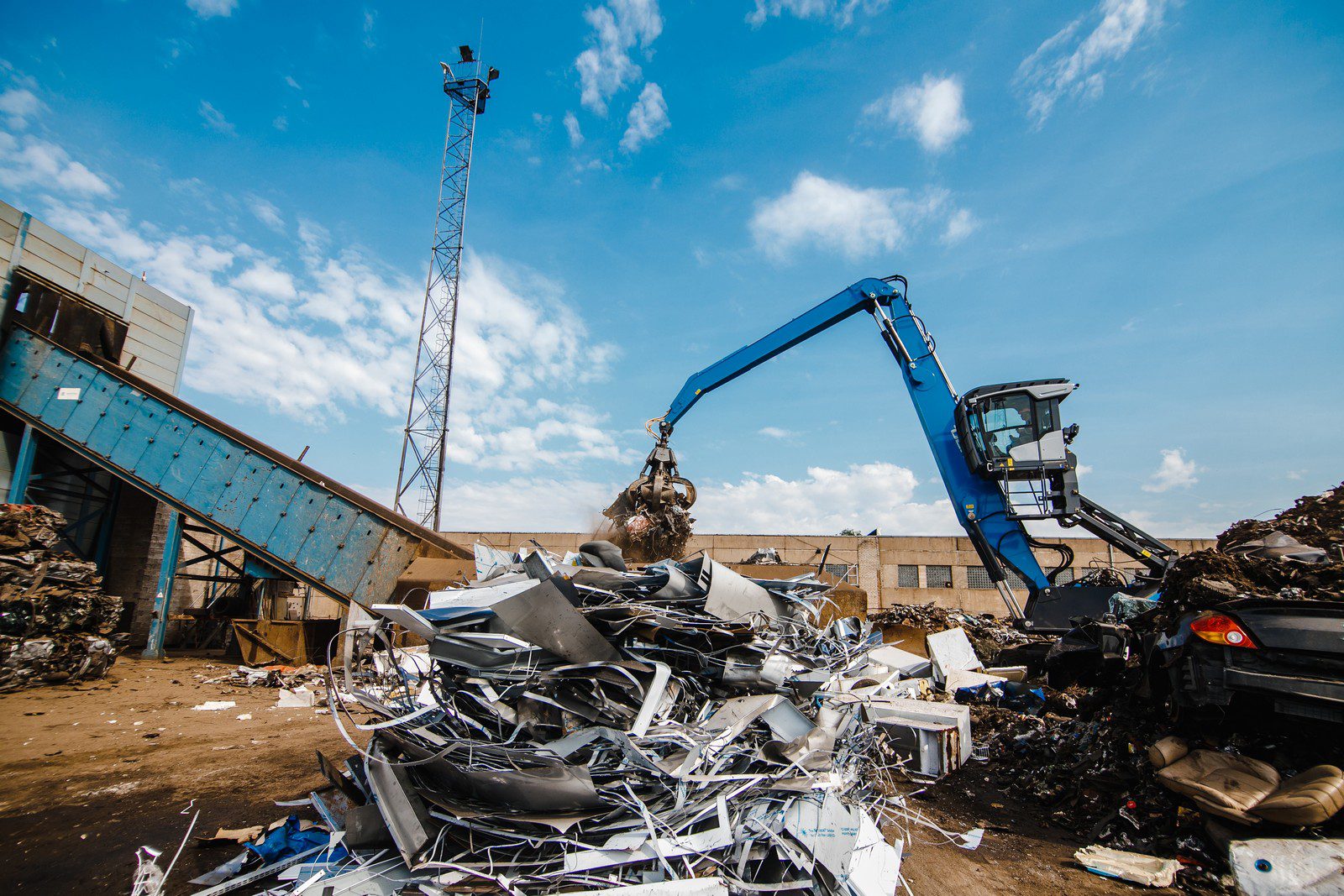The Importance of Metal Recycling in Today's World


Introduction
In our environmentally-conscious era, we are often reminded of the need to reduce, reuse, and recycle. Metal recycling, in particular, presents a tremendous opportunity for both waste reduction and resource conservation. DWL Metal Recycling, with its steadfast commitment to sustainability, stands at the forefront of this crucial industry, striving to promote the invaluable benefits of metal recycling across the United Kingdom.
This article aims to shed light on the pressing need for metal recycling, its environmental and economic advantages, and how DWL Metal Recycling is leading the charge in transforming scrap into valuable resources.


Why Metal Recycling Matters
Metal recycling is not merely a trend; it is a necessity. The staggering rate at which we consume and discard metals is unsustainable and harmful to the environment. But why exactly is metal recycling so essential?
Conservation of Natural Resources
The earth's natural metal reserves are finite, and the rate at which we are depleting these resources is alarming. Recycling metal helps to conserve these precious raw materials, ensuring they remain available for future generations.
Reduction in Energy Consumption
Extracting and processing raw metals to produce new products is an energy-intensive process. Metal recycling significantly reduces the energy required, cutting down on greenhouse petrol emissions and our overall carbon footprint.
Minimising Landfill Waste
Each year, tonnes of metal waste end up in landfills, contributing to pollution and the loss of valuable materials that could have been recycled. By diverting metal from landfills, recycling efforts like those of DWL Metal Recycling help to minimise environmental harm.
DWL Metal Recycling: Reviving Resources Responsibly
As a beacon of sustainable practise in the UK, DWL Metal Recycling takes pride in its role within the metal recycling industry. The company ensures that scrap metal is not wasted but rather revitalised and reintroduced into the production cycle.
Comprehensive Recycling Services
DWL Metal Recycling caters to a range of recycling needs, offering robust services for both individual and commercial clients. Whether it’s copper, aluminium, or steel, they have the capability to handle a variety of metals with state-of-the-art processing techniques.
Local Impact, Global Vision
Though rooted in Dorset, DWL Metal Recycling's impact extends far beyond the local community. Their work not only supports local markets but also contributes to the global demand for recycled metal, fostering a more sustainable world.
A Commitment to Customer Satisfaction
DWL understands that effective recycling requires a partnership between the recycler and the community. They place a strong emphasis on customer satisfaction, offering transparent, efficient, and responsive services to those who wish to contribute to the recycling effort.




The Role of Society in Metal Recycling
Recycling is a collective effort that calls for the participation of the entire community. Individuals and businesses alike bear the responsibility of ensuring their metal waste is properly recycled rather than carelessly discarded.
Households: Every Can Counts
From drink cans to old appliances, household metal waste is a significant contributor to the recycling stream. By segregating metals and using collection services like those provided by DWL Metal Recycling, every household can play a part in this sustainable endeavour.
Businesses: The Circular Economy Champions
Companies generate a substantial amount of metal waste through manufacturing processes and product usage. By choosing to recycle, these businesses not only comply with environmental regulations but also demonstrate corporate social responsibility and a commitment to the circular economy.
Navigating the Recycling Process
DWL Metal Recycling employs a seamless process for recycling metal. Here's an overview of how they transform waste into a reusable commodity:
Collection and Sorting
Metal waste is collected and sorted based on type and quality. This step is vital for ensuring that the metal is appropriately processed according to its specific properties.
Processing and Shredding
The sorted metals are then processed, which often involves shredding to reduce size and facilitate the melting process.
Melting and Purification
Metals are melted in large furnaces, a step that consumes far less energy than the production of new metal from ore. Following melting, the metal is purified and prepared for solidification.
Solidifying and Manufacturing
Once purified, the molten metal is solidified. These solid metals are then transported to various manufacturing industries to begin their new life as part of a new product.
DWL Metal Recycling has mastered this process, ensuring efficiency and environmental integrity at every step.


Conclusion: A Sustainable Future with DWL Metal Recycling
Metal recycling is not just an industry—it's an initiative that drives towards a greener, more sustainable future. DWL Metal Recycling embodies this ethos, showcasing not only the immense benefits of metal recycling but also setting a benchmark for environmentally responsible practices in the UK.
As a reader, you are invited to partake in this ecological journey. Whether by bringing your scrap metal to DWL or simply becoming more conscious of your metal disposal practices, every action counts. Together, we can forge a path towards a cleaner, healthier planet for ourselves and the generations to follow.
Do you have metal waiting to be recycled? Are you interested in learning more about the benefits of recycling and how you can contribute? Visit DWL Metal Recycling today and discover how easy and beneficial it is to be part of the metal recycling revolution.
Let's ask ourselves: What can we do today to ensure a better tomorrow? Engagement and action start with you. What will your contribution be? Share your thoughts, take a stand for sustainability, and reach out to DWL Metal Recycling for your recycling needs. Together, we can make a significant impact.

